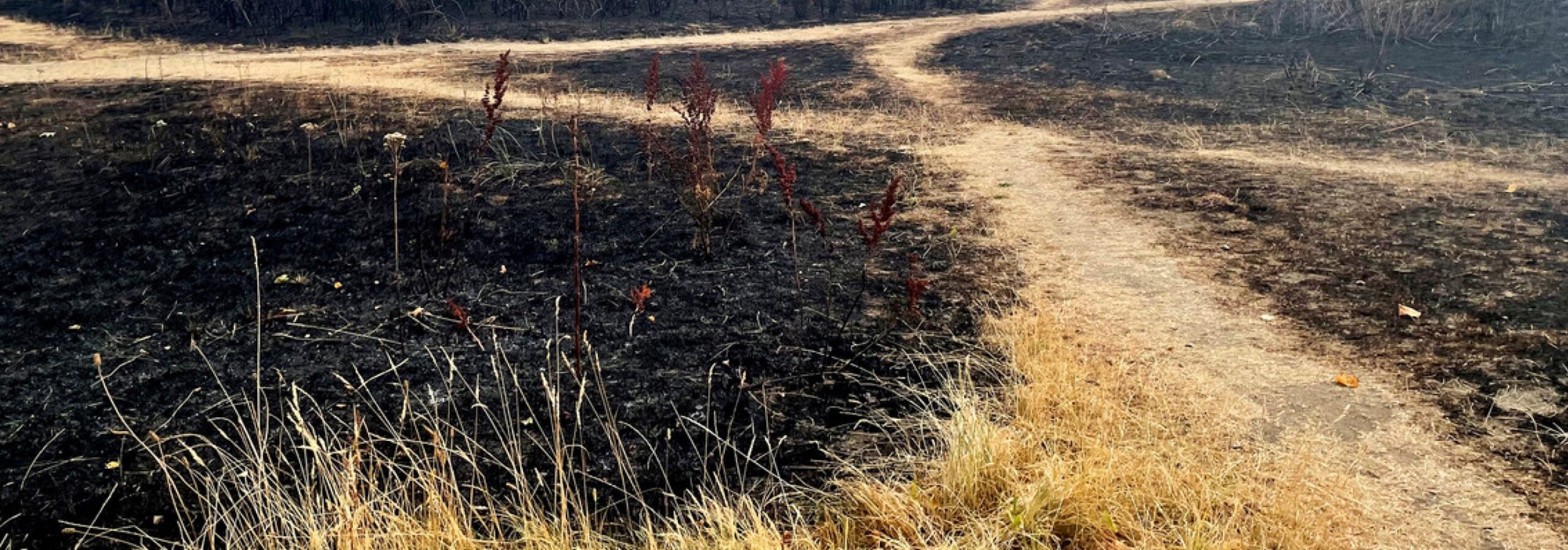On December 5, 2015, heavy rainfall and high winds led to devastating flooding in Northern England, Southern Scotland and Ireland, and left many families with damaged homes. Desmond was the first of three storms to bring heavy rain to the region; December 2015 would go in the books as the wettest December on record in that part of the UK.
At the time, WWA scientists performed a rapid attribution analysis within five days after the storm, and found that human-caused climate change made a rainfall event like Storm Desmond more likely now than in pre-industrial times. This analysis was based on provisional observations available soon after the event and pre-existing climate model experiments.
Now that more time has passed, all measurements from those days have been made available and more climate model experiments have been performed. WWA scientists have revisited their original attribution analysis and show in a new scientific article that rapid analyses, of which the Desmond rapid attribution is an example, can stand the test of time: the results in the revisited analysis were essentially the same as in the rapid analysis.
Update
The new analysis provides updated estimates for the return period and changes in likelihood due to climate change of a rainfall event like Storm Desmond. Such extreme regional rainfall has a return period of about five years (20% chance in any given year), and is at present roughly 60% more likely due to human-caused climate change. This estimate includes the overall effect of climate change: changes in the amount of moisture in the atmosphere, potential changes in atmospheric circulation and storm occurrence.
Often in the days following extreme weather events with large societal impacts, questions arise regarding the influence of climate change on such events. WWA aims to provide answers to some of these questions with rapid analyses of extreme weather events. The new paper shows that attribution analyses can, indeed, be performed in a rapid time frame, without negatively impacting the quality of the presented results.
The revisited analysis has been published in Environmental Research Letters. The original WWA rapid attribution was published as a discussion paper in Hydrology and Earth System Sciences Discussionsas well as reported by WWA.





